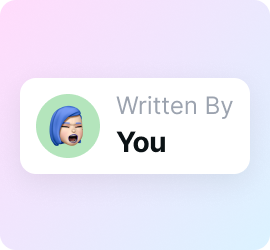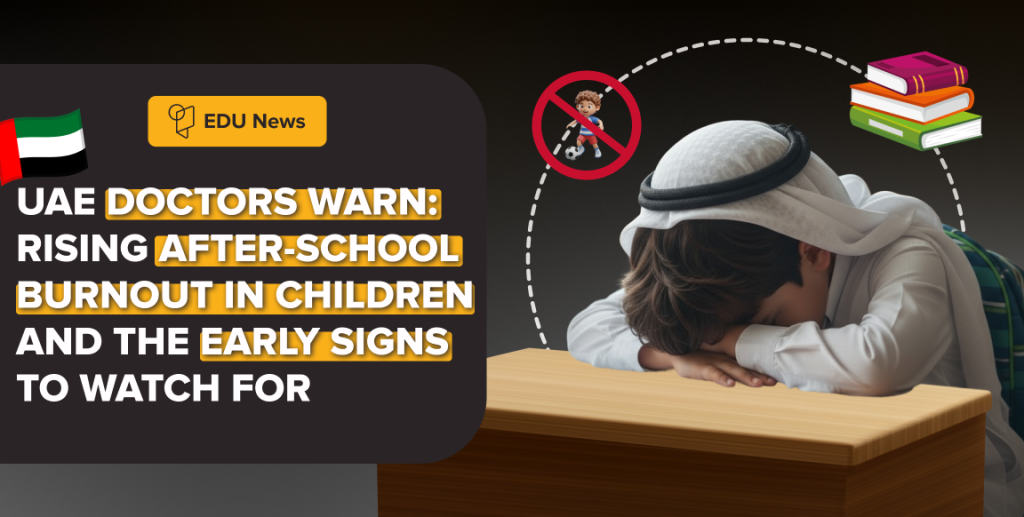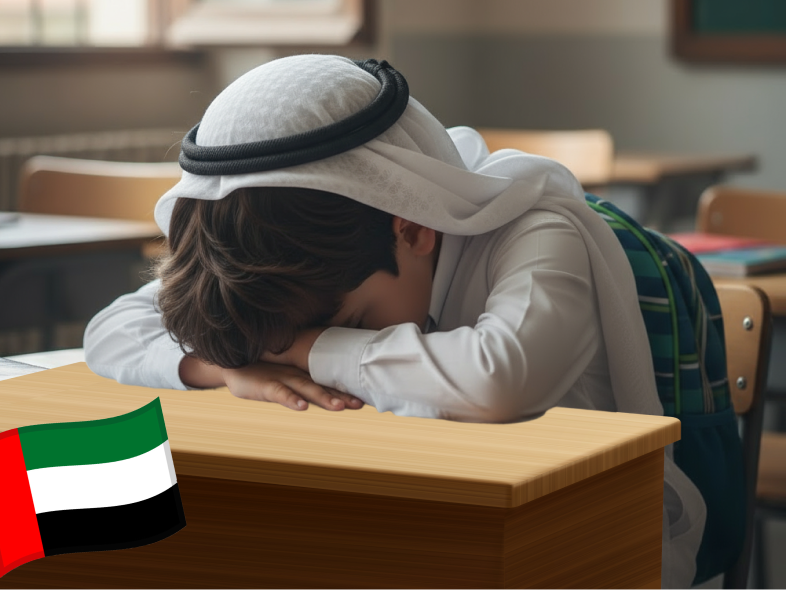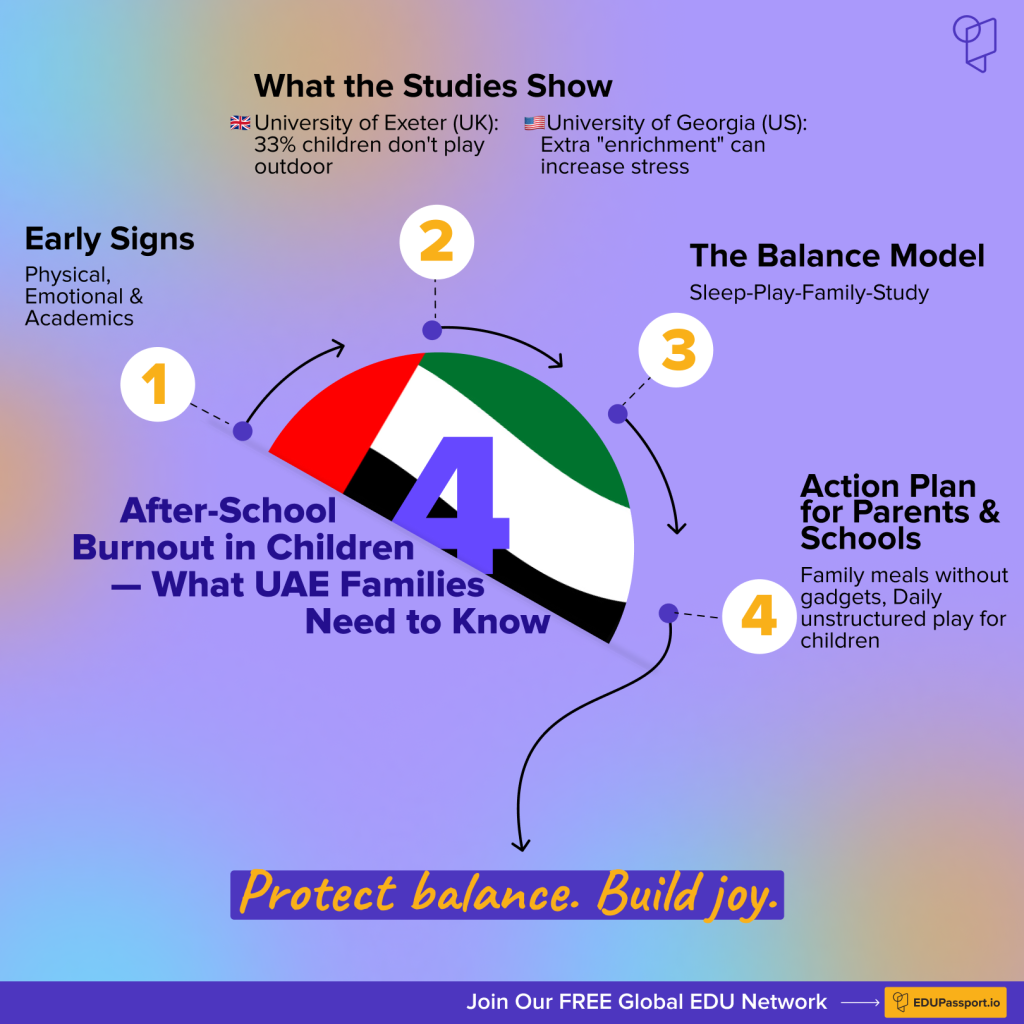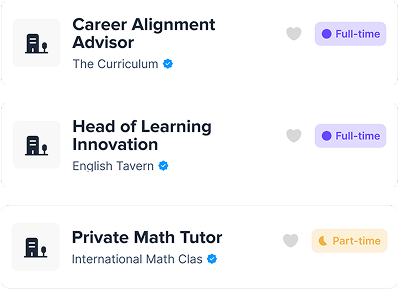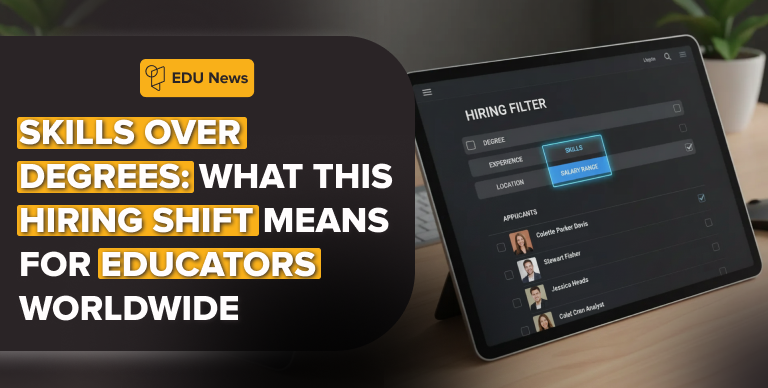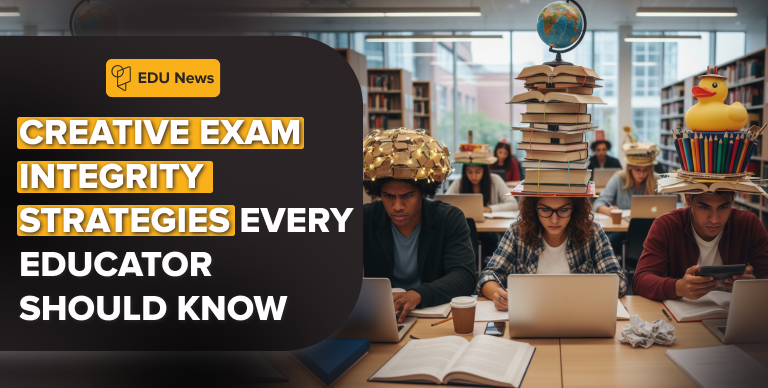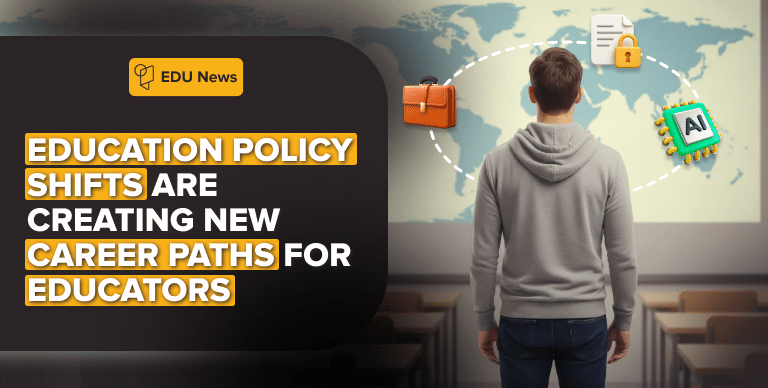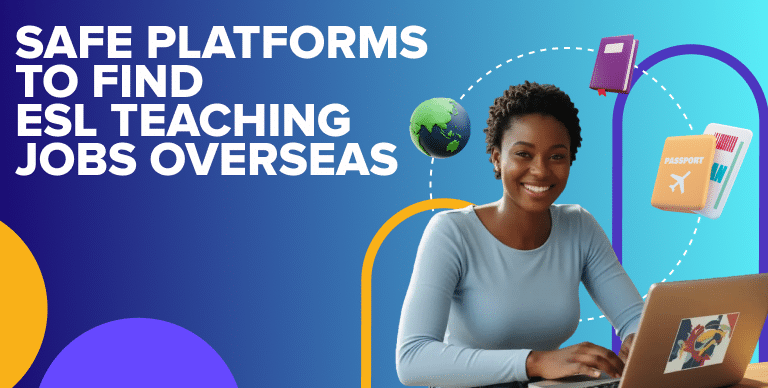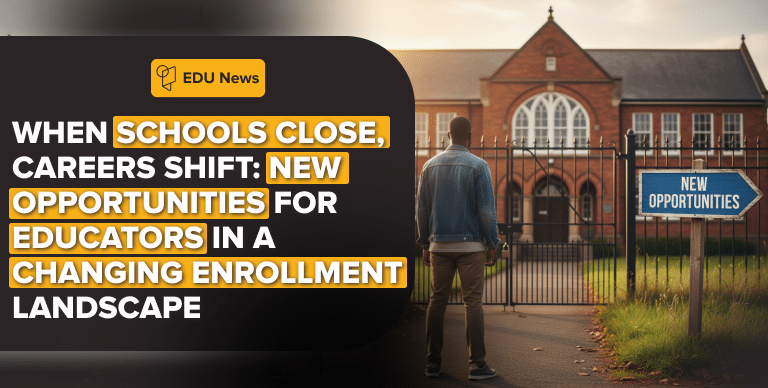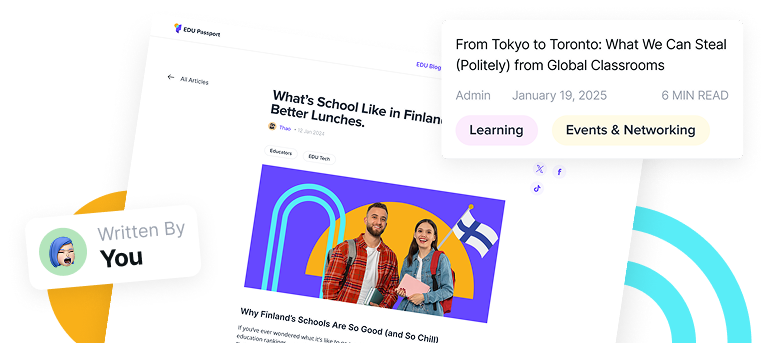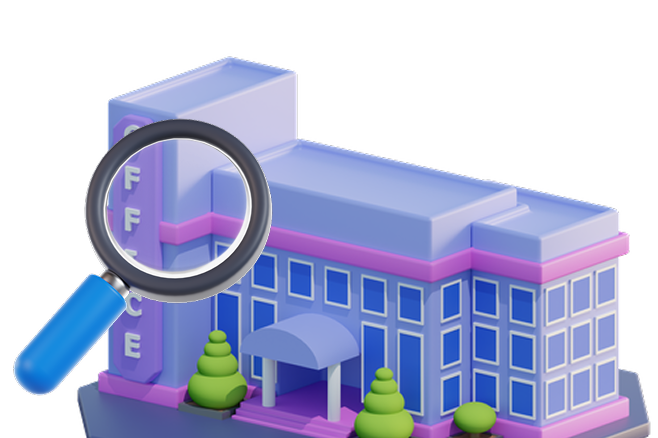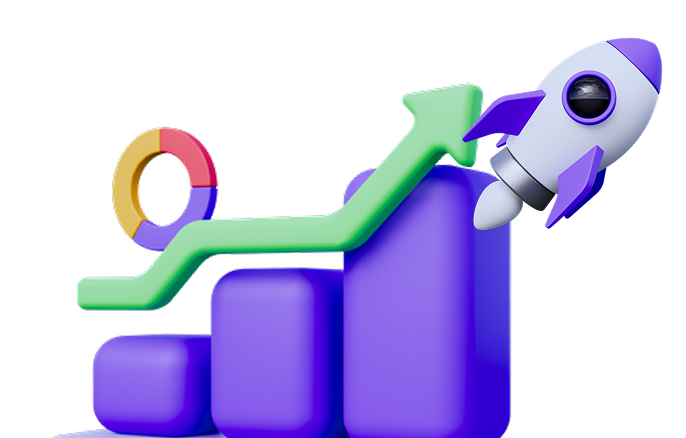Overscheduled childhoods are on the rise — and so is burnout.
Doctors in the UAE are sounding the alarm that too many after-school commitments, from tutoring to sports to clubs, are leaving children physically exhausted and emotionally drained. Some of these cases are now being flagged by local clinicians and covered by UAE outlets. (Khaleej Times, NMC Healthcare, Dubai Schools)
And while “burnout” may sound like an adult problem, specialists warn it looks very different in kids — and parents need to know the signs.
What Burnout Looks Like in Children
Unlike adults, children don’t always verbalize stress. Instead, it shows up in their bodies and behaviors.
Doctors highlight these early signs:
- Frequent headaches, stomach pain, or unexplained fatigue (especially after activity-heavy days)
- Trouble sleeping — restless nights or waking up still tired
- Irritability, mood swings, or loss of interest in once-enjoyed activities
- A sudden dip in school performance
Weakened immunity, with frequent colds or infections
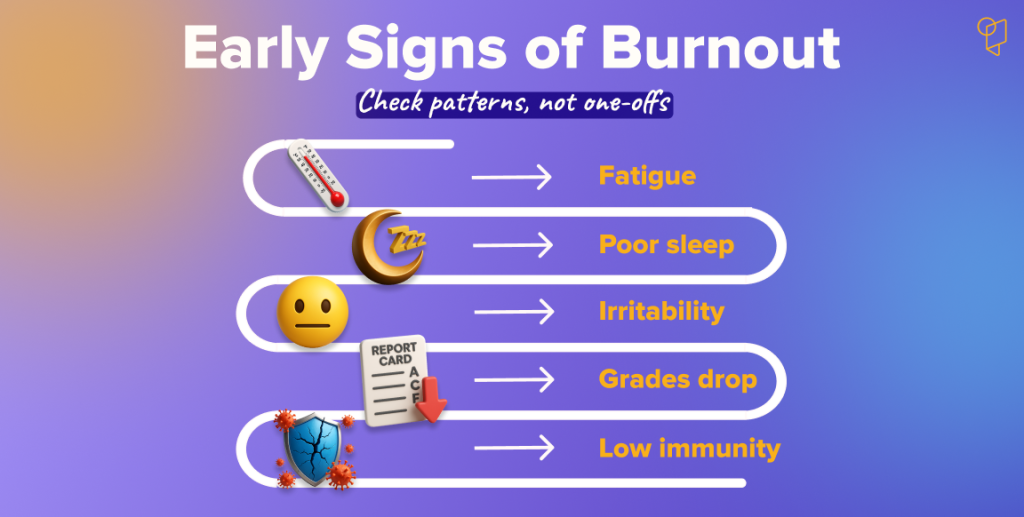
The Bigger Picture: Studies Back the Concern
- University of Exeter (UK): More than a third of children don’t play outdoors after school; 1 in 5 skip play on weekends — raising wellbeing concerns. (University of Exeter, The Guardian, Phys.org)
- University of Georgia (US, 2024): Extra “enrichment” often doesn’t boost grades but can increase stress and harm mental health. (University of Georgia, wuga.org, National Education Association, MindSite News)
These findings mirror what UAE pediatricians are reporting on the ground. (Khaleej Times, NMC Healthcare)
The Balance Every Child Needs
Doctors stress that balance is more important than chasing every opportunity.
Practical tips include:
- Ensure children get daily unstructured play
- Prioritize family meals without gadgets for connection and downtime
- Focus on genuine interests, not competitive pressure
- When outdoor play isn’t possible (climate, safety), schedule indoor relaxation or quiet activities
Don’t Forget Sleep
Sleep is the foundation of resilience. Clinical guidance recommends:
- 9–12 hours for younger children
- 8–10 hours for teens
These age-based targets come from consensus statements endorsed by the American Academy of Pediatrics and public health agencies. (PMC, CDC Archive)
EDU Passport’s Take
Education isn’t just about achievements — it’s also about protecting balance, rest, and joy.
Parents, teachers, and institutions should invest in routines that prevent overload and model healthy boundaries with activities and tech.
Explore EDU Passport’s resources on student wellness, balanced learning, and classroom innovation — designed to help schools and families prepare children not just for grades, but for life.



